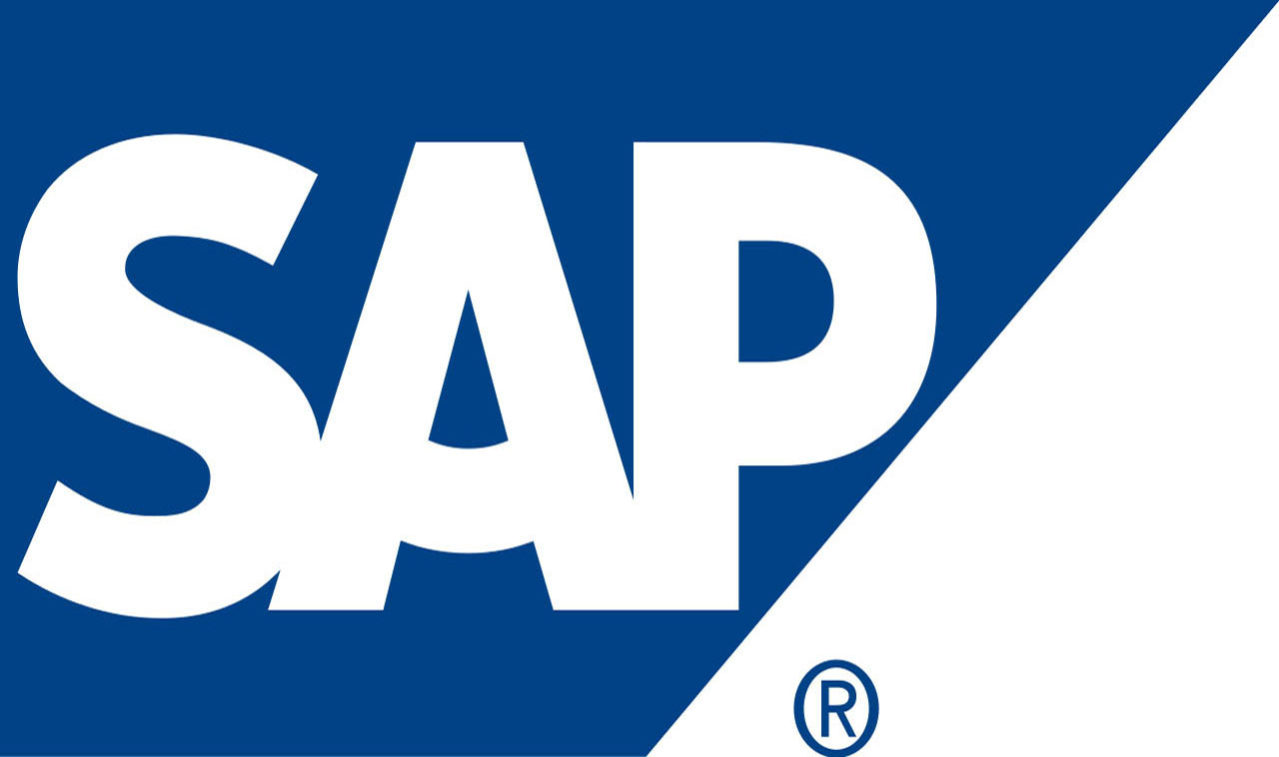SAP stands for ‘Systems Applications and Products’ and was originally aimed at to provide customers with the ability to interact upon a common database along with a comprehensive application range. It was gradually that the more applications began to be assembled and today, SAP is being used by leading companies like Microsoft and IBM.
SAP was in fact founded by five IBM employees in 1972 from Mannheim, Germany. SAP applications have gone through various changes and modifications and the latest R/3 (business applications from SAP) provides immense capabilities to manage financial assets, production operations, plants, personnel, materials, archived documents and cost accounting. The latest R/3 framework runs on several platforms that include Windows 2000 and uses client/server models. It also includes internet enabled packages for better information exchange.
Today, SAP systems define both large scale and small businesses. It is one of the most benefitting ERP platforms that facilitate better functioning of a business in all aspects. Having a SAP certification enables a professional to be better prepared for the rising workplace complexities. In some cases, it is not just an advantage but a strict criterion for selection.




